Did you know that Native Americans experience a higher prevalence of family violence than any other ethnic group in America? Were you aware that Native American women are more likely to require medical attention after an assault, sexual or otherwise? Or that Native American women over 18 are sexually assaulted more often than other groups? Or is there a higher likelihood of firearms and substance abuse in these types of crimes?
While this data is disconcerting, it can be crucial to raise awareness and find ways to address the myriad of systemic hardships that have plagued Native Americans for generations. Fortunately for the Fallon Paiute Shoshone Tribe (FPST), an alliance with the University of Nevada Reno is helping bring information to light that may help the victims in this generation and the next move away from the cycle of violence.
Over the past few years, UNR and the FPST Victim Service have been working together to better understand domestic and family violence among tribal members. The first step in this process was conducting a comprehensive needs assessment in 2015. According to Victim Services Director Michelle Bowers and UNR Professor of Counseling Brenda Freeman, Ph.D., this has been no small feat. “It’s hard for victims to talk about this,” said Bowers. Victims often don’t even want to use our services.” Statistically, most crimes of violence, on and off the reservation, are perpetrated by family members, a former or current intimate partner, or a close friend. This means it is not just a “violence” problem but a family and cultural one. As a result, something that is extremely difficult to talk about becomes nearly impossible.
According to data from the 2015 needs assessment, FPST members have experienced or are experiencing:
- 53% - verbal or mental abuse, being forced into illegal actions, personal property damaged or destroyed, compared to 50% nationally
- 39% - threats by a romantic partner with a weapon compared to 34% among other American Indian/Alaskan Native Tribes (AI/AN).
- 38.7% - severe physical violence compared to 24.3% nationally
- 28.8% - choking or strangulation compared to 30% nationally
- 27% - forced engagement in sexual acts they did not want compared to 9% nationally
- 36% - money withheld, being kept from employment, or property sold or stolen by a romantic partner
- 17% - as a child being hit, slapped, pushed, or shoved by an adult
- 18% - as elderly tribal members, not permitted to make their own decisions (11% are currently experiencing emotional or verbal abuse, 2.5% are being physically abused, and 41% are supporting someone else financially)
According to the data, the Fallon Paiute Shoshone Tribe reports a higher rate of victimization than national averages and those of other AI/AN tribes. “New data will give us a better comparison,” explained Freeman. “We have to have enough surveys to get good sample data.”
The first needs assessment gave the tribe and UNR a foothold for revamping the FPST Victim Services program, which does not only help victims of domestic violence but any crime committed against tribal members. Interestingly, the Fallon Tribe is the only tribe in Northern Nevada that has established such a collaboration with the university. In fact, at the National Conference for Victims of Crime, the FPST-UNR partnership was acknowledged for being the only collaboration of its kind.
The current needs assessment is collecting data on its third round of double-blind surveys. Surveys were mailed to tribal members; however, it can be challenging for victims to respond in homes where violence occurs, even though the surveys are anonymous. And the survey is not just for women; men were also asked to respond, as men of all ages can also be victimized.
According to Freeman’s research, the data demonstrates a shared experience among all American Native/Alaskan Native tribes - lateral violence within the community. This lateral or displaced violence is anger and rage expressed toward families and peers rather than toward the oppressive adversaries that placed them on reservations. This trauma – and the response to it, have become a multi-generational norm. Thus, the violence is continually perpetuated.
Complicating matters are a lack of confidence in the judicial system and regional isolation; therefore, many victims do not receive services or report crimes committed against them. For communities in remote areas like the Yomba Shoshone Tribe, law enforcement response can take as long as four hours. Immediately after being abused or assaulted is the most critical time for victims. Why report the event when potentially worse things can occur while waiting for help? Unfortunately, tribal communities experience higher rates of violence while receiving fewer services from law enforcement, hospitals, clinics, emergency housing, etc.
“This partnership is a priority for the university,” said Freeman. “The provost, Bill Thompson, is very supportive of community partnerships. We realize that while they take a lot of effort, there is value in a good partnership.” Not only does this partnership help the tribe assess need, but it also helps bring in grant funds that will directly benefit victims and significantly improve the services they can receive. As a bonus, UNR students and staff can often go beyond the academic and put the data to real use on the ground.
FPST Victim Services will continue its partnership with UNR and its efforts to provide services to victims of crime. Emergency services for victims of crimes can be accessed through the FPST Victim Services crisis hotline at 775-427-0985.

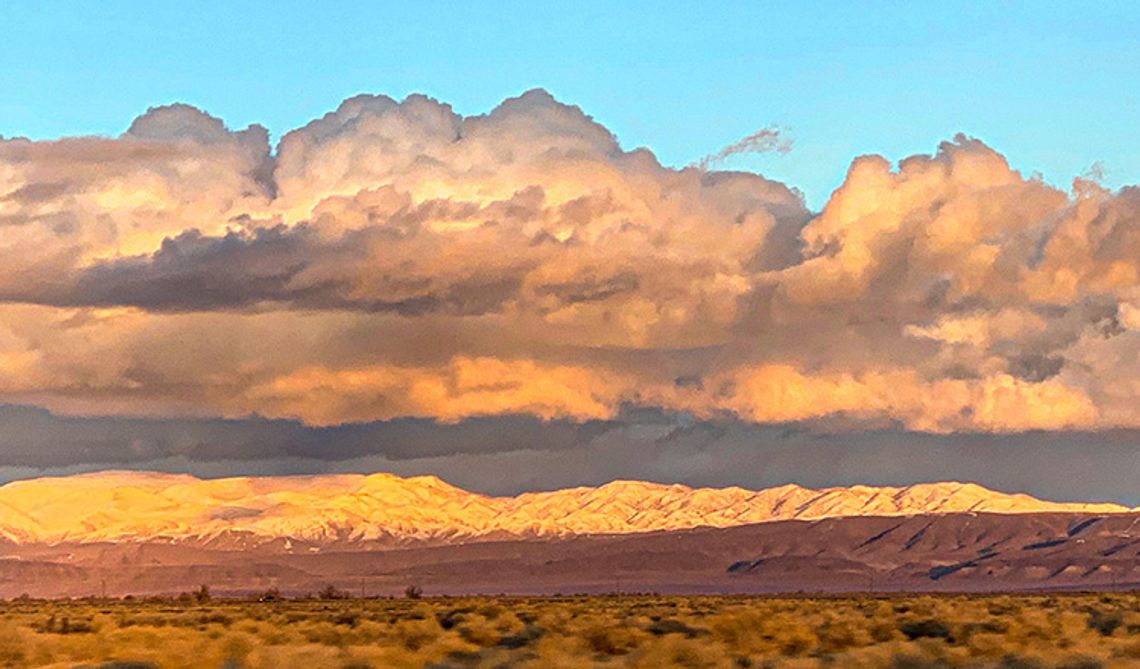
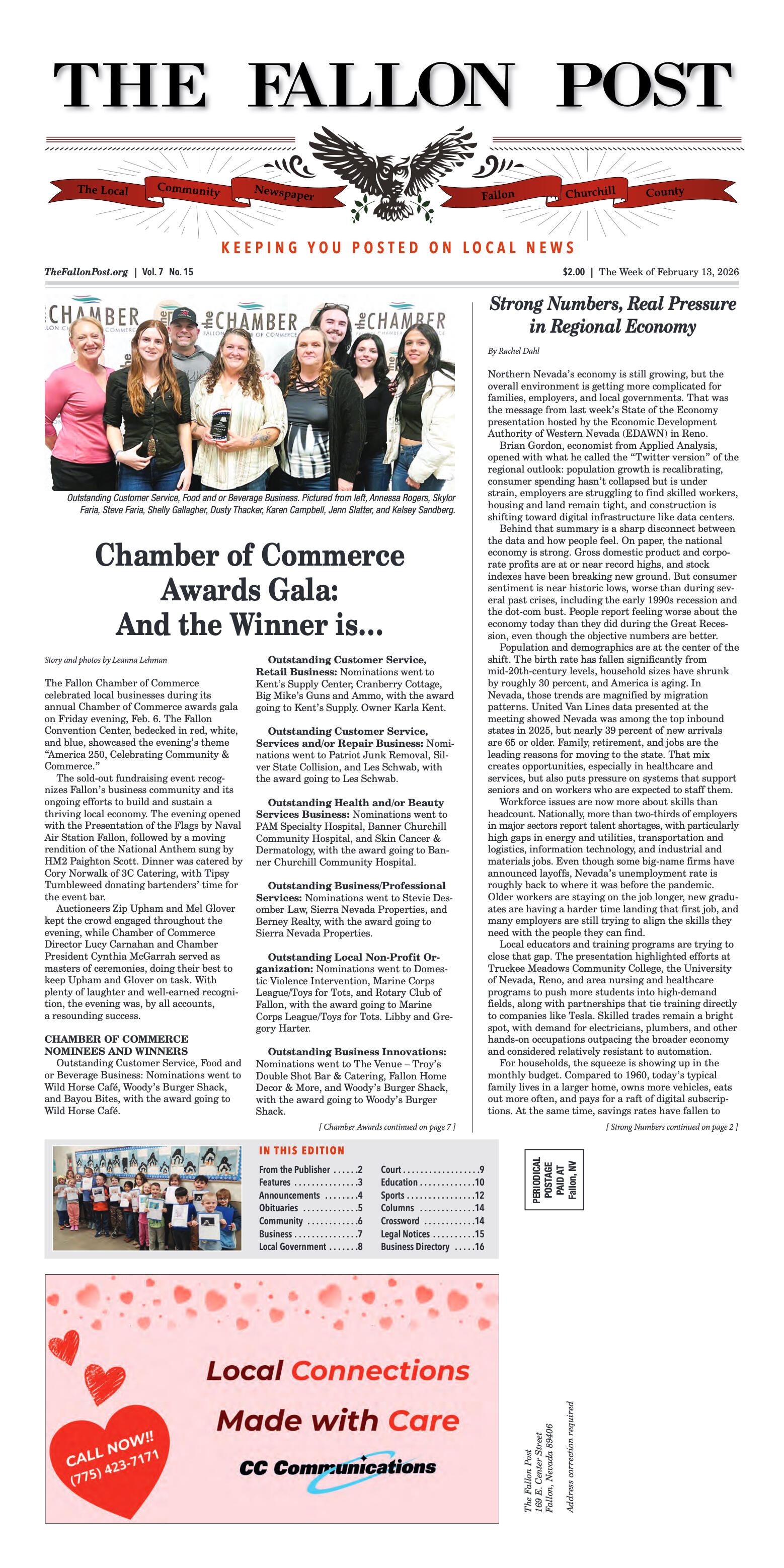
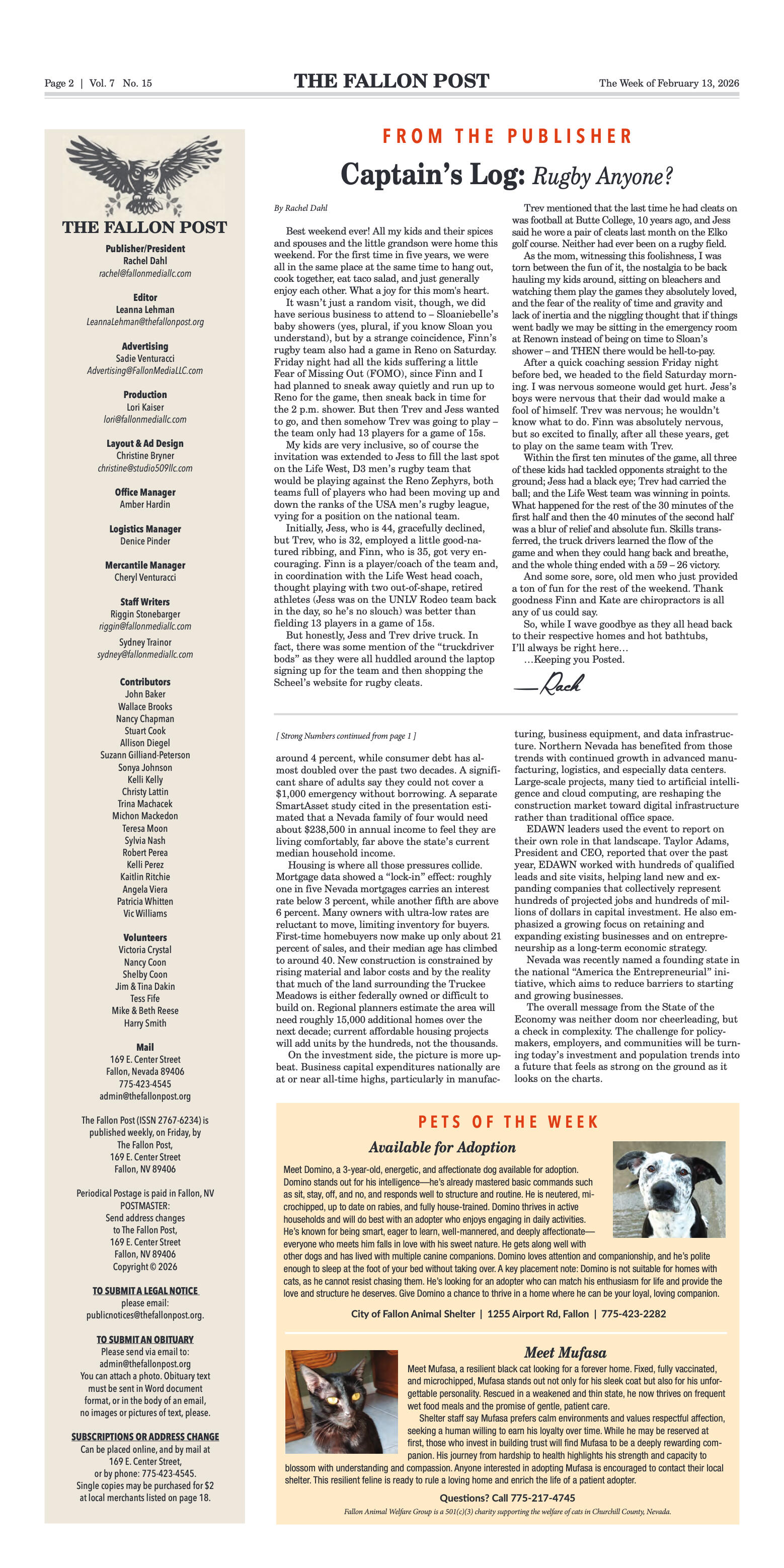
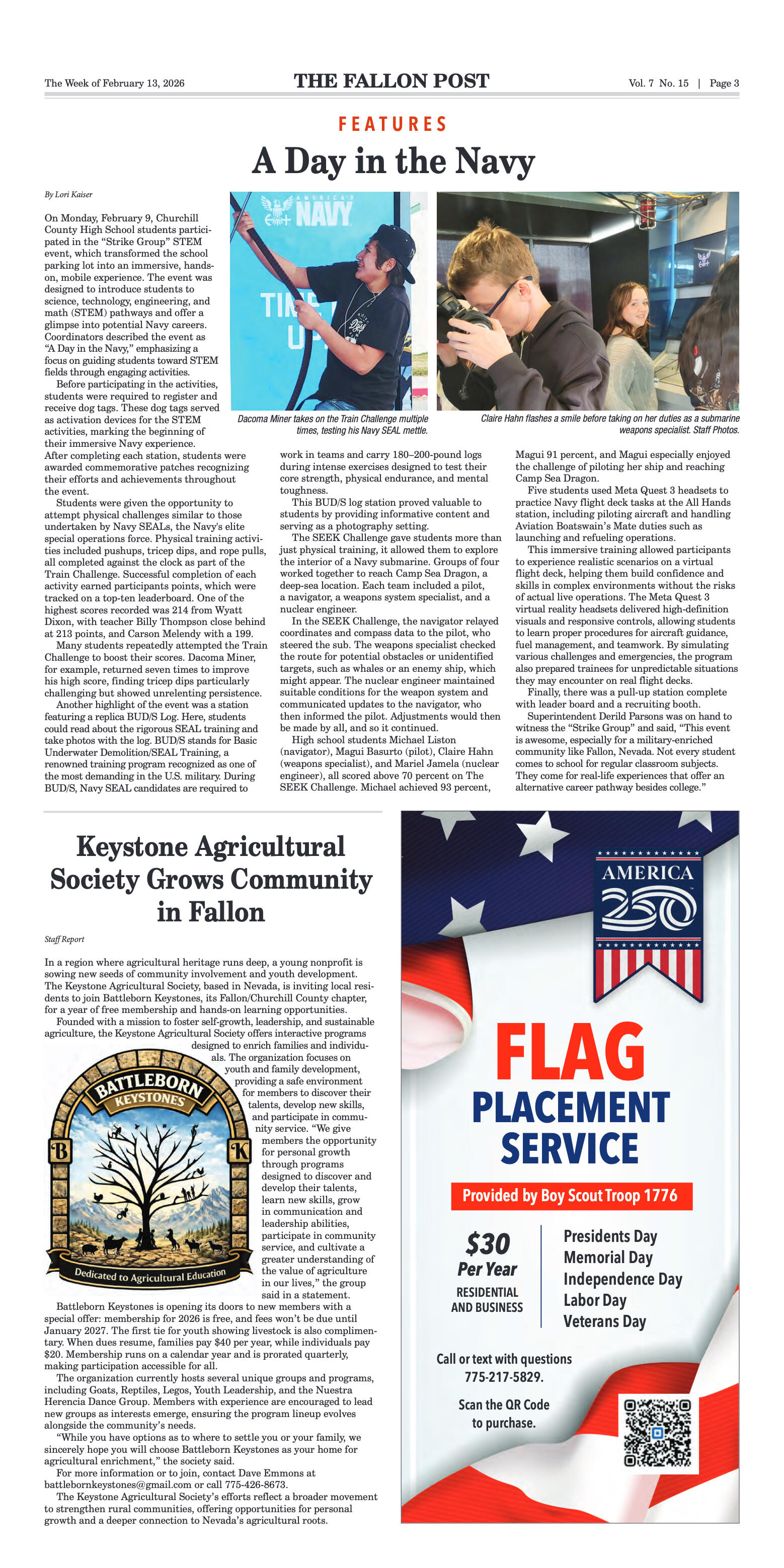
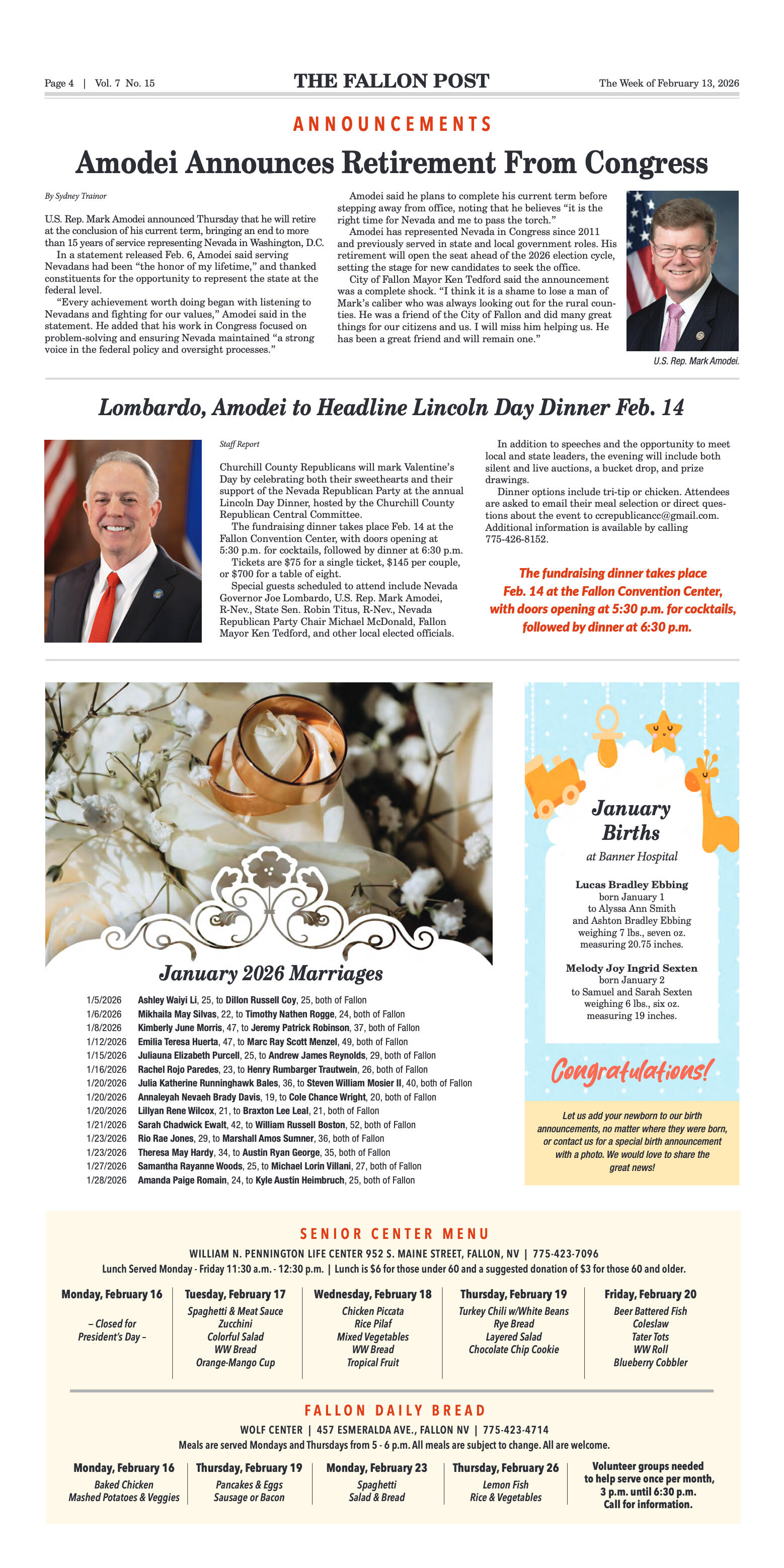
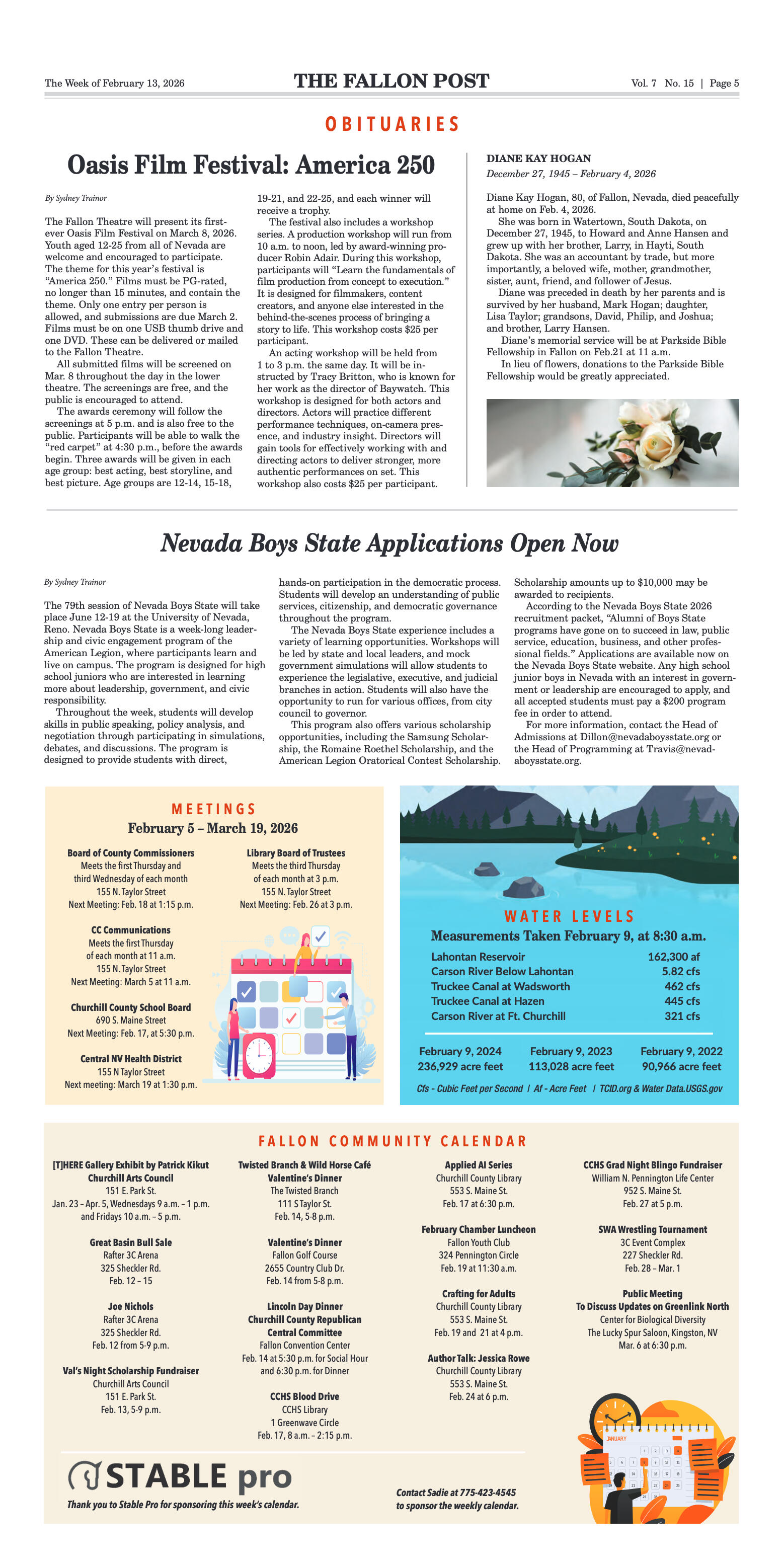
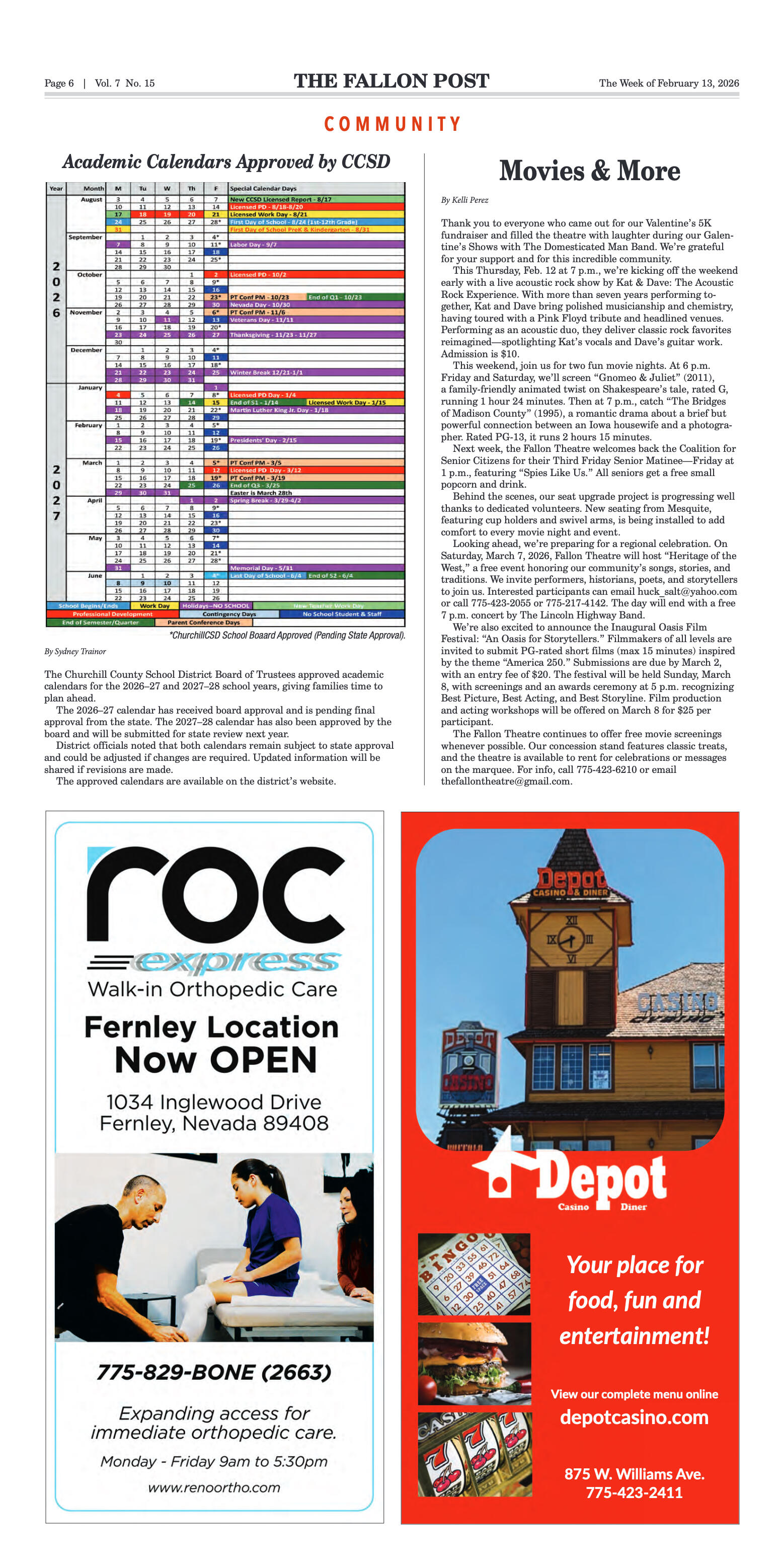
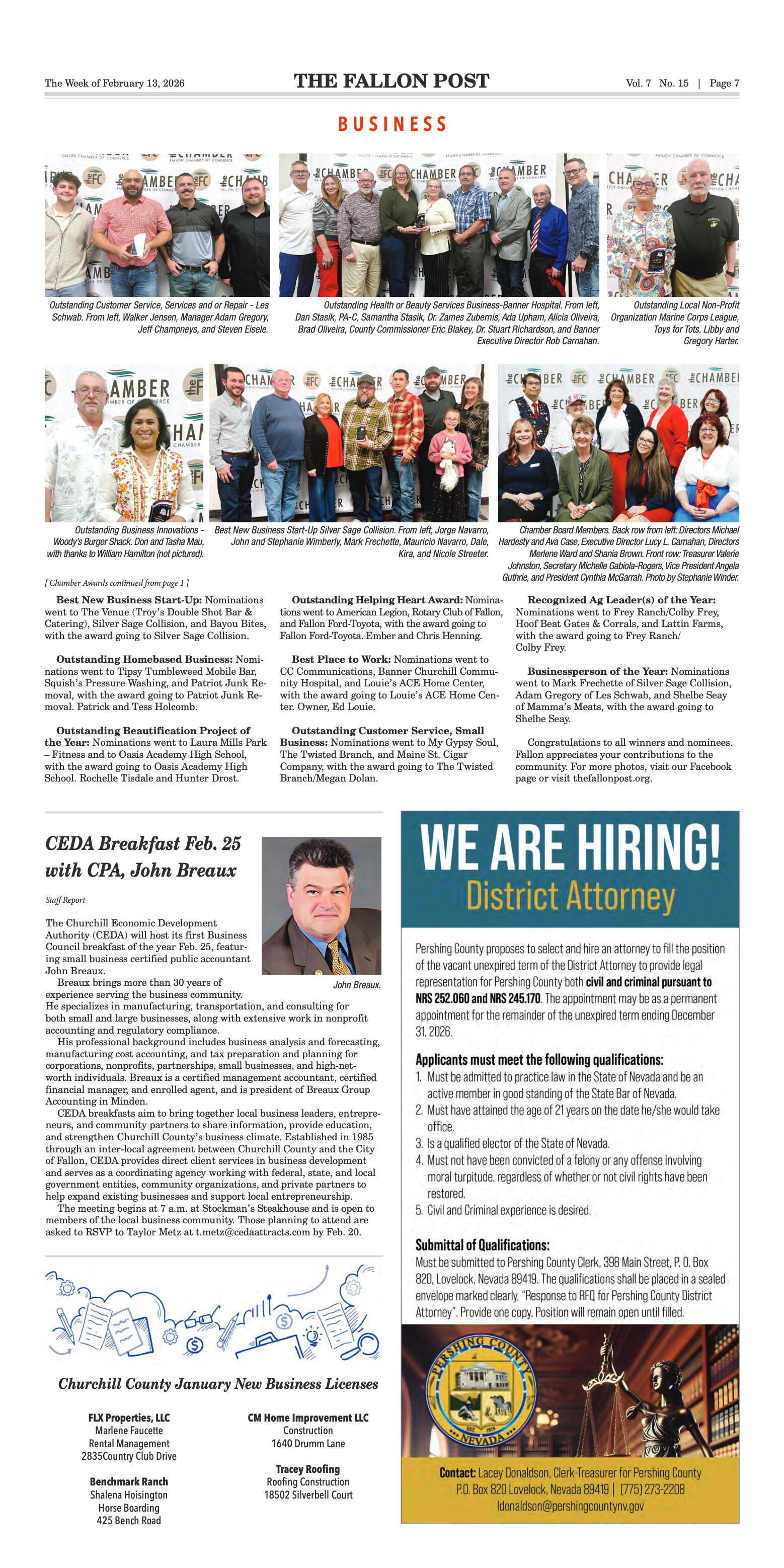
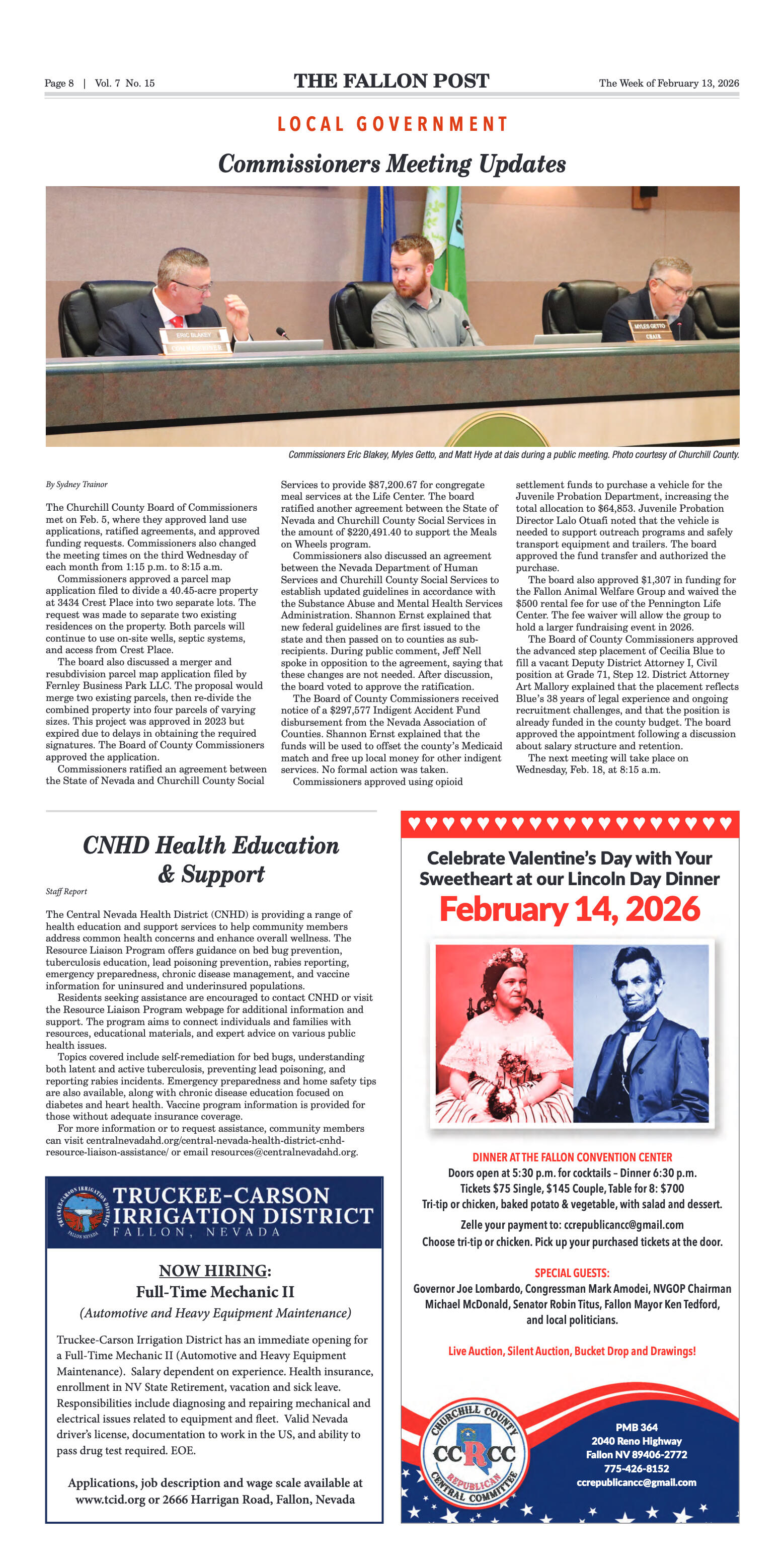
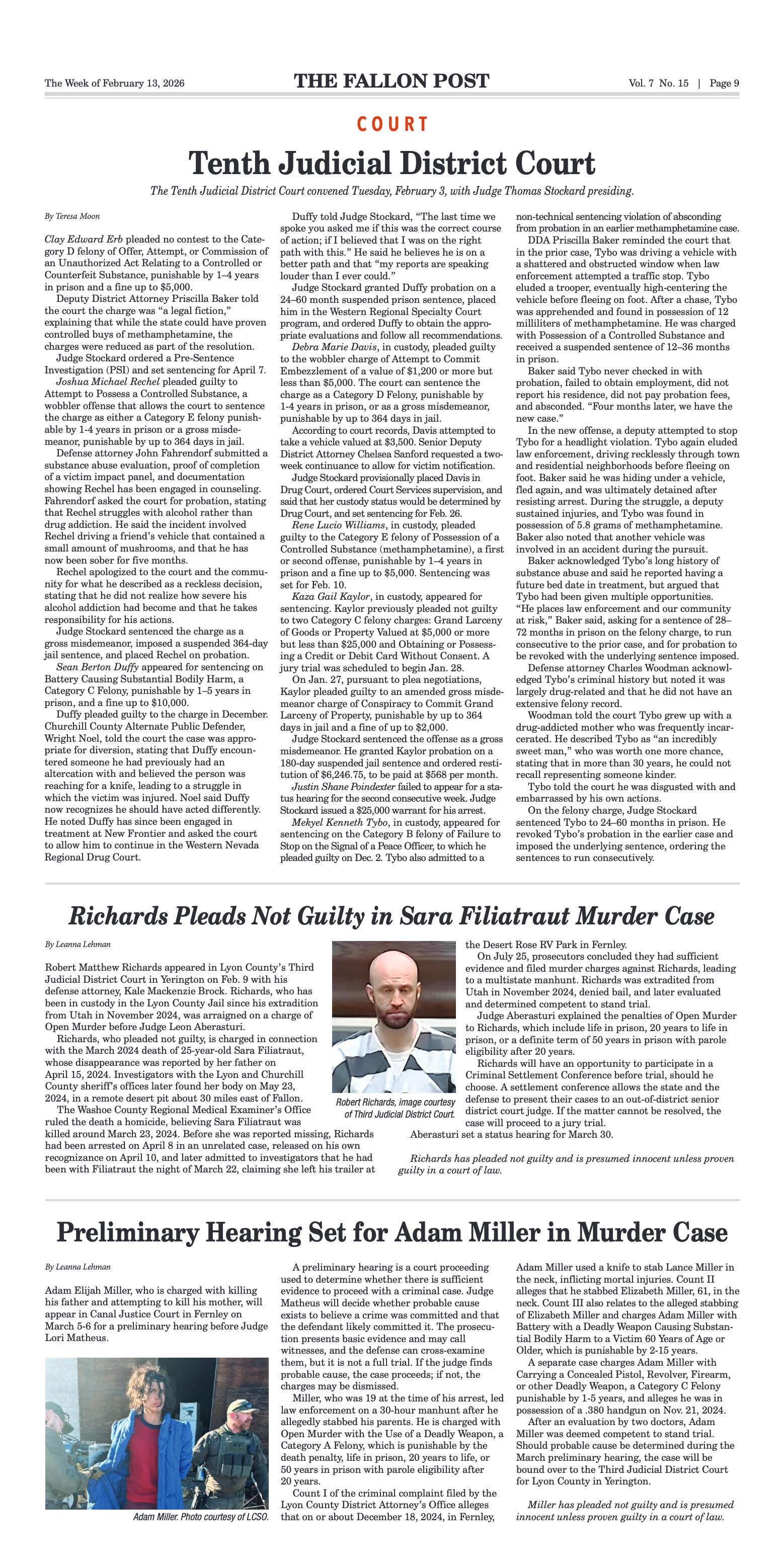
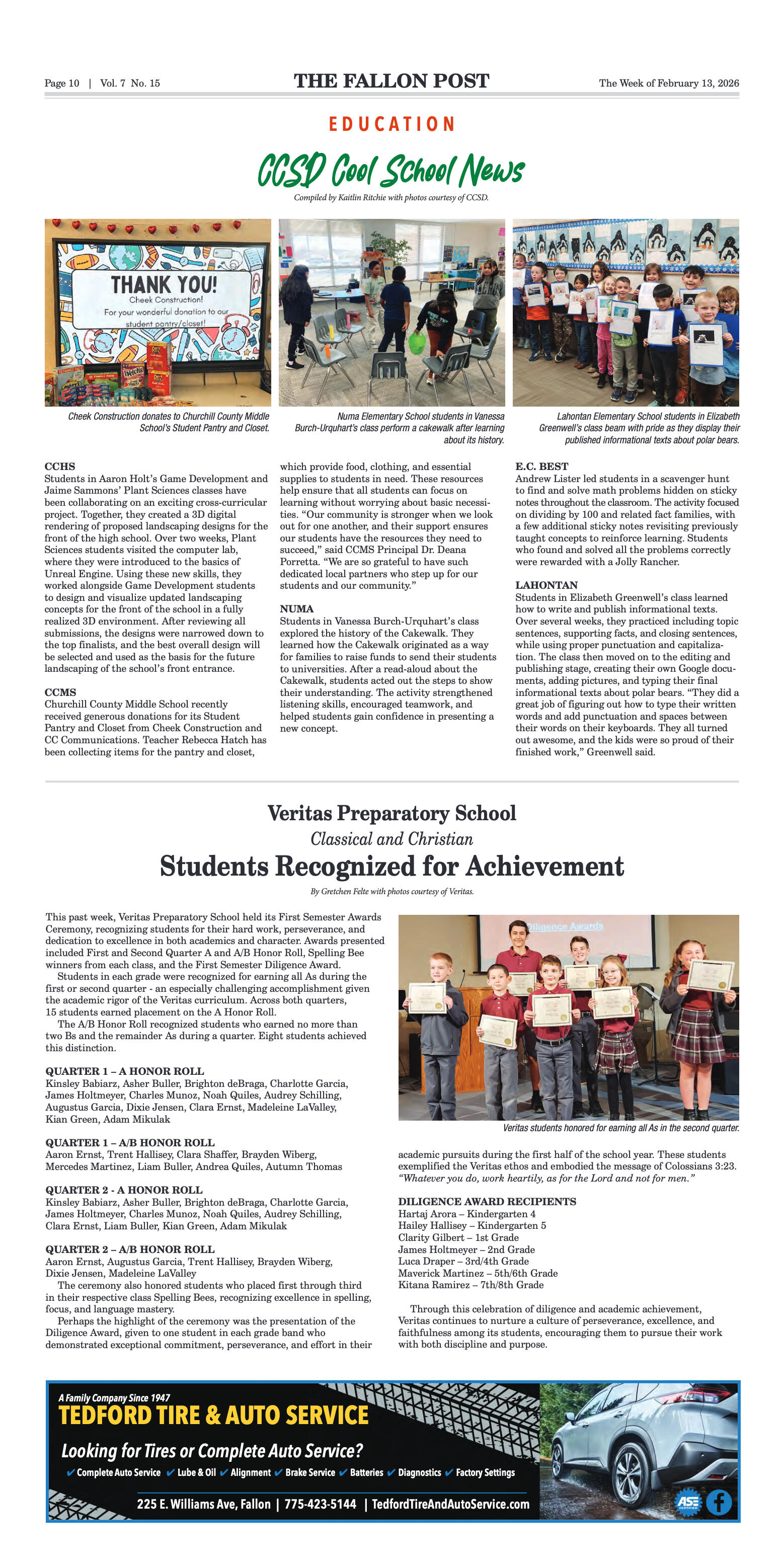
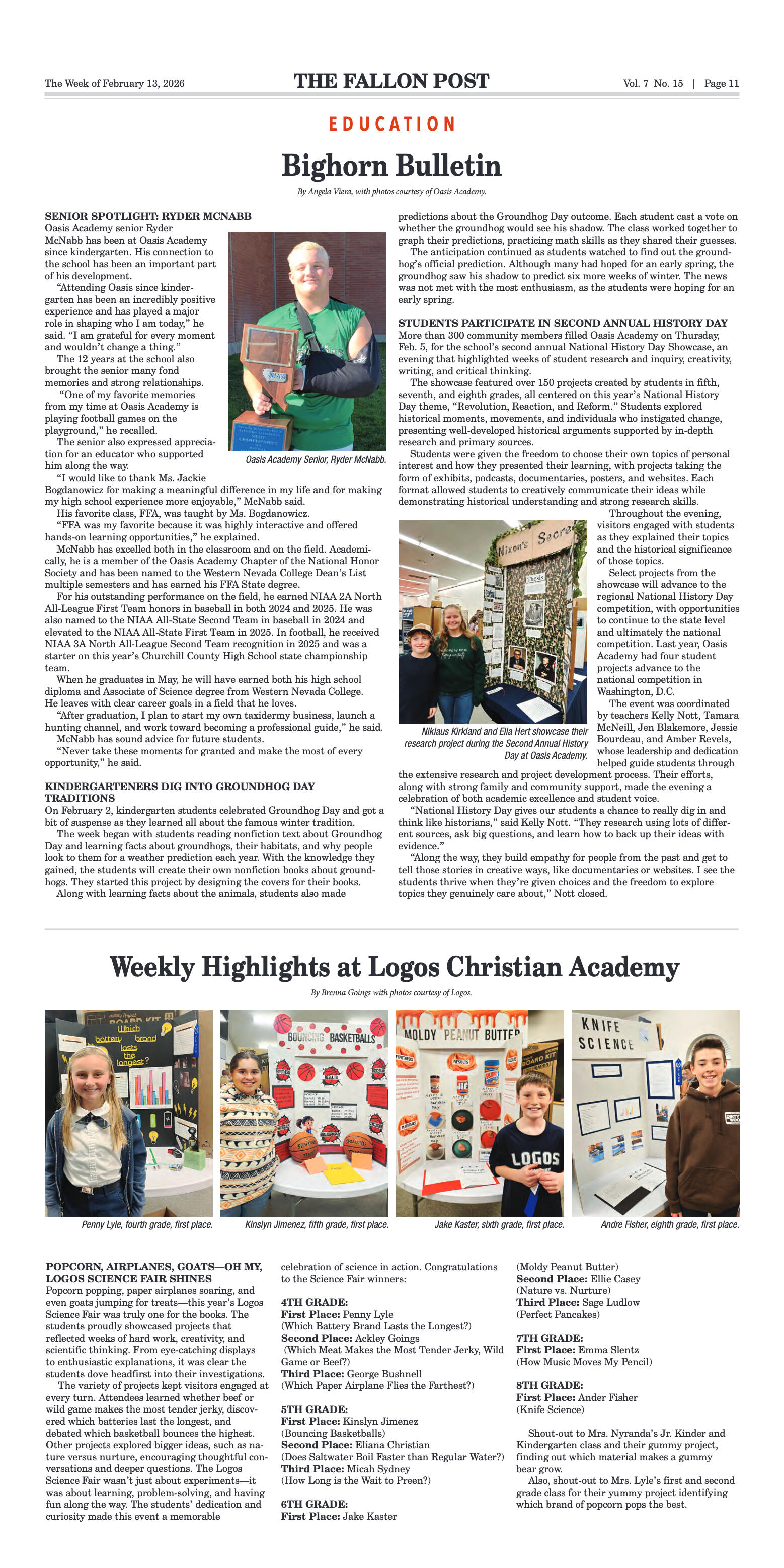
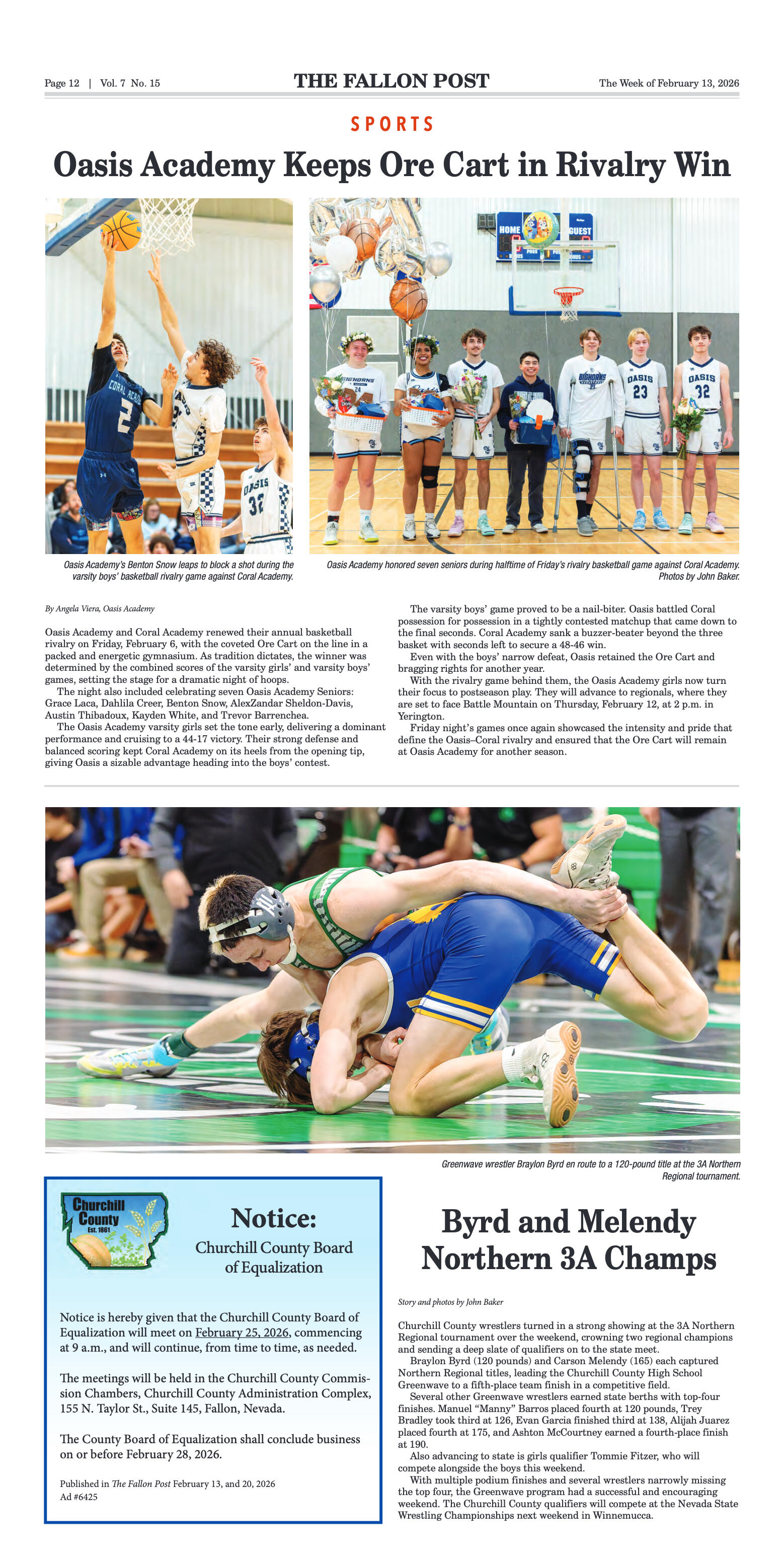

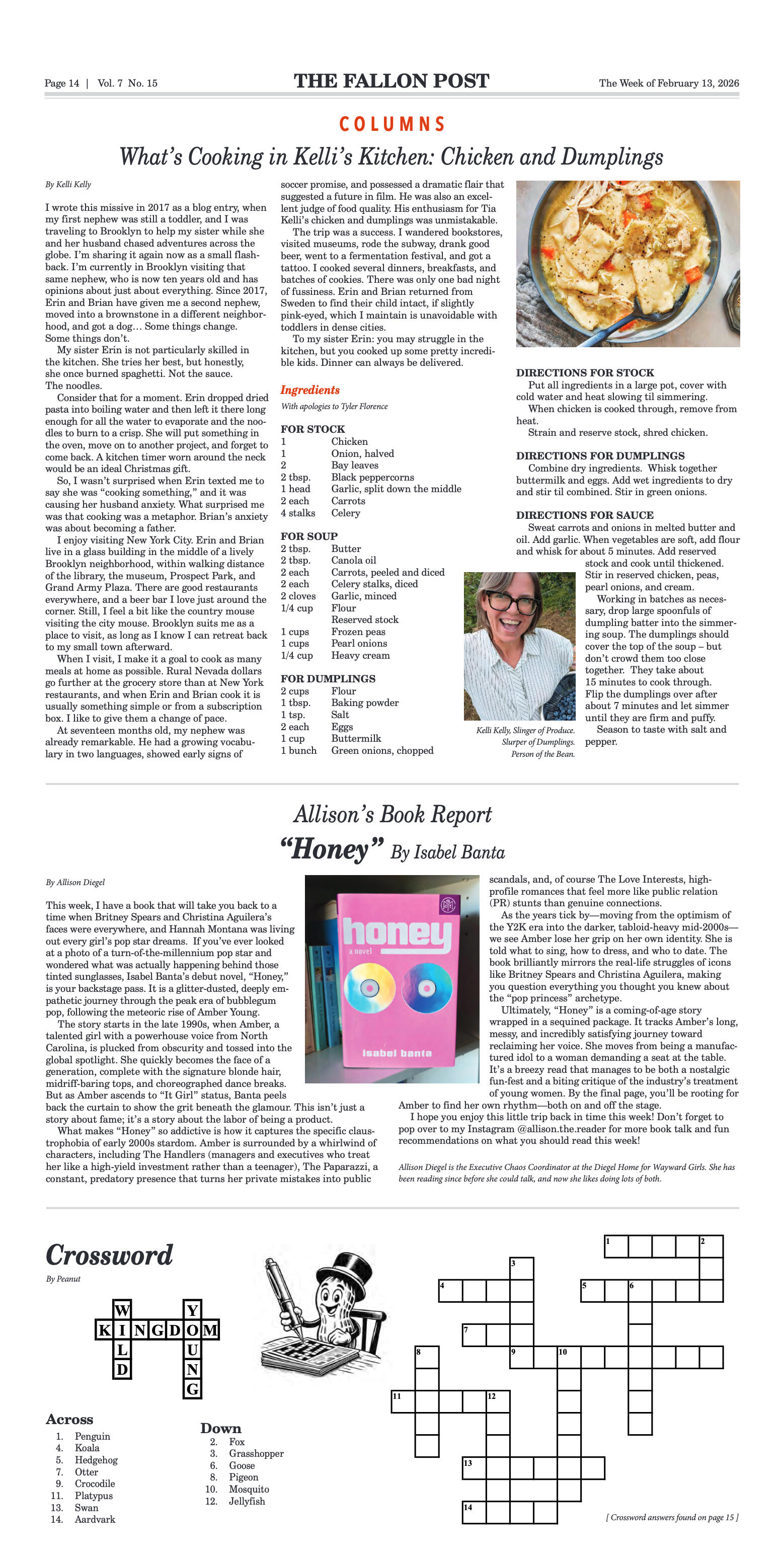
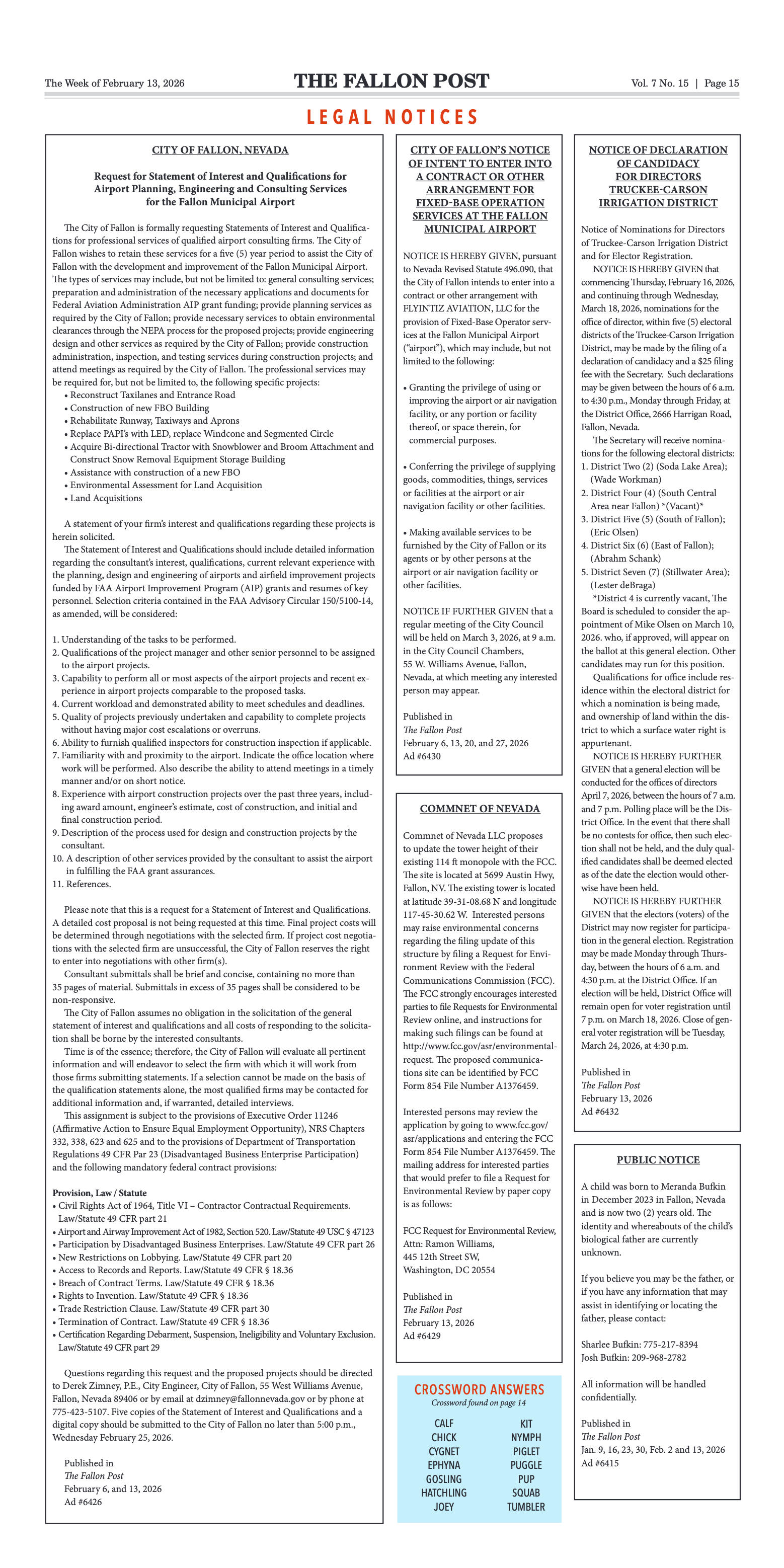
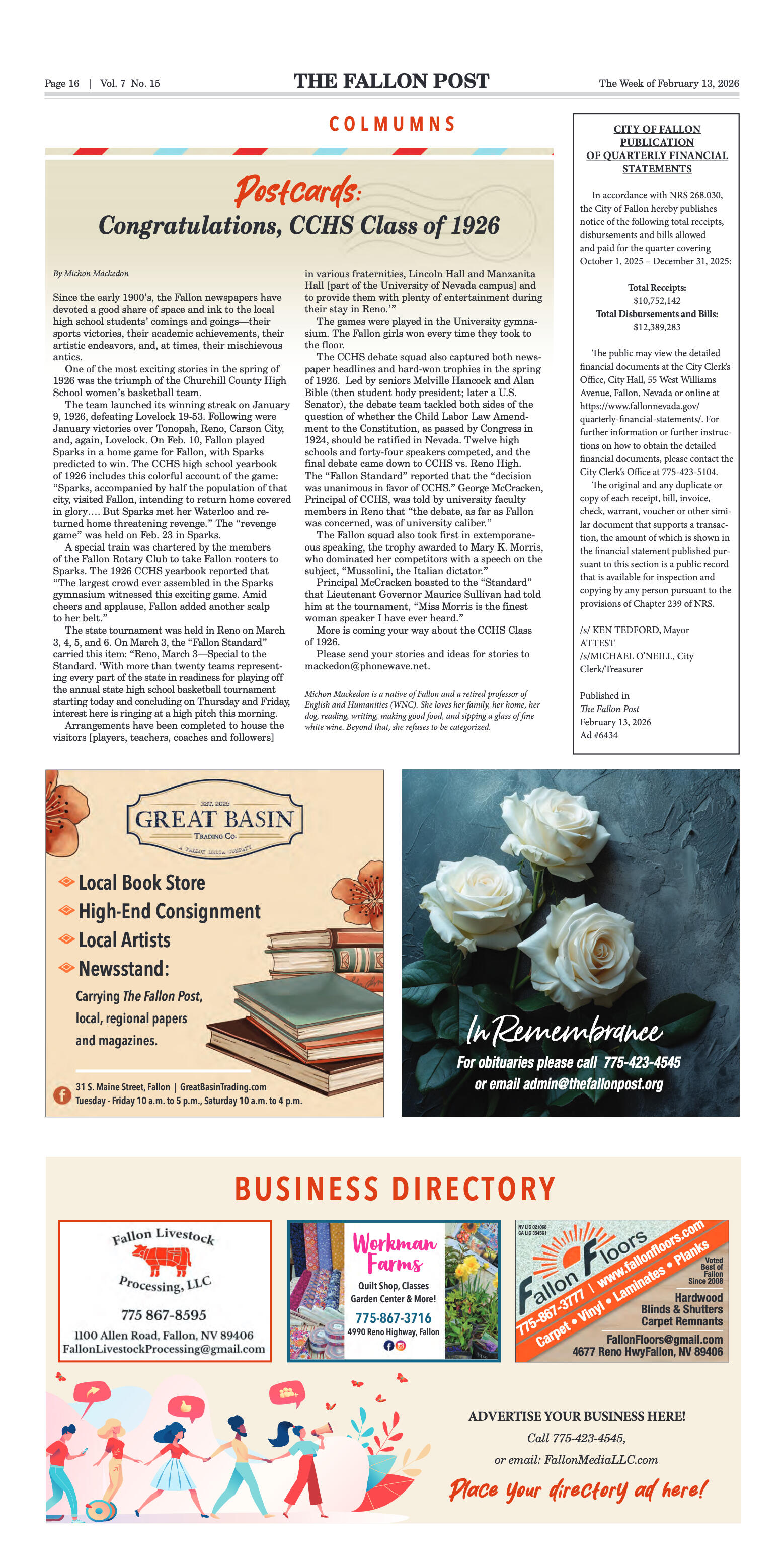




















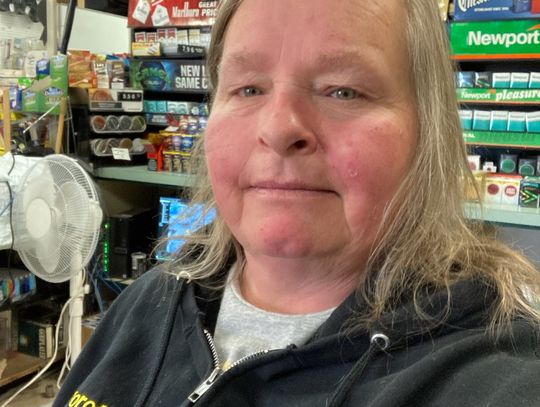
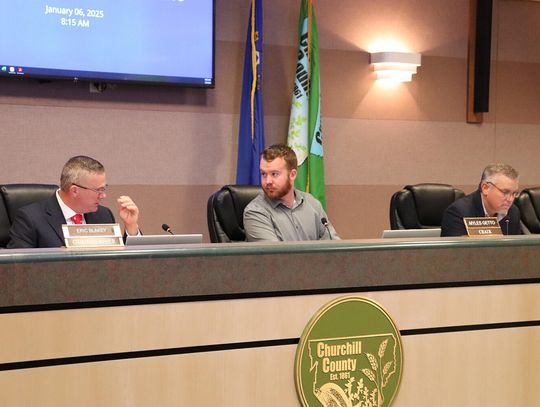
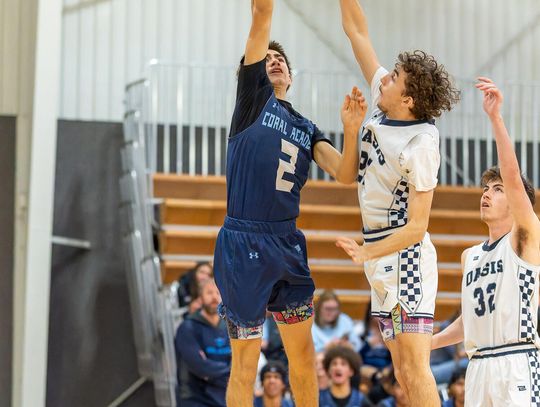



Comment
Comments